Women’s Work in Fragile & Conflict-Affected Countries
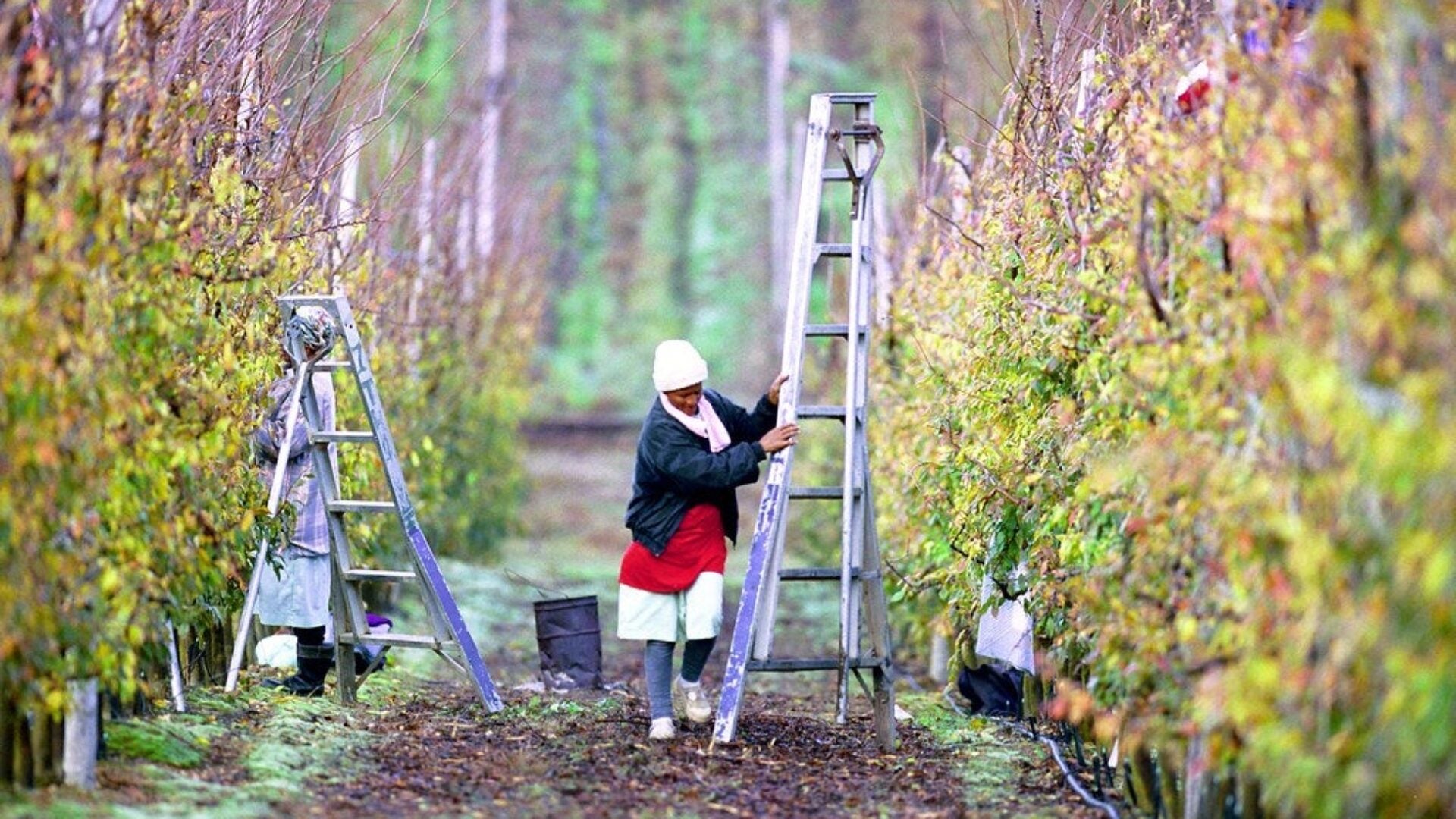
Only 4 in 10 women are in paid work, compared to 7 in 10 men, in fragile and conflict-affected states.
Advancing women’s economic empowerment is central to gender equality, economic growth, and the realization of the 2030 Sustainable Development Goals. Yet little attention has been paid to the particular challenges to economic opportunities faced by the estimated 264 million women living in fragile and conflict-affected (FCA) countries.
We know that women in FCA countries experience major constraints that limit their access to gainful economic opportunities. They are more likely than men to experience displacement, have their education interrupted, and have less access to employment and income opportunities. They also face cross-cutting challenges of poverty, gender-based violence, and discriminatory norms.
Female employment rates are low: about 30 million fewer women than men of working age are in paid employment.
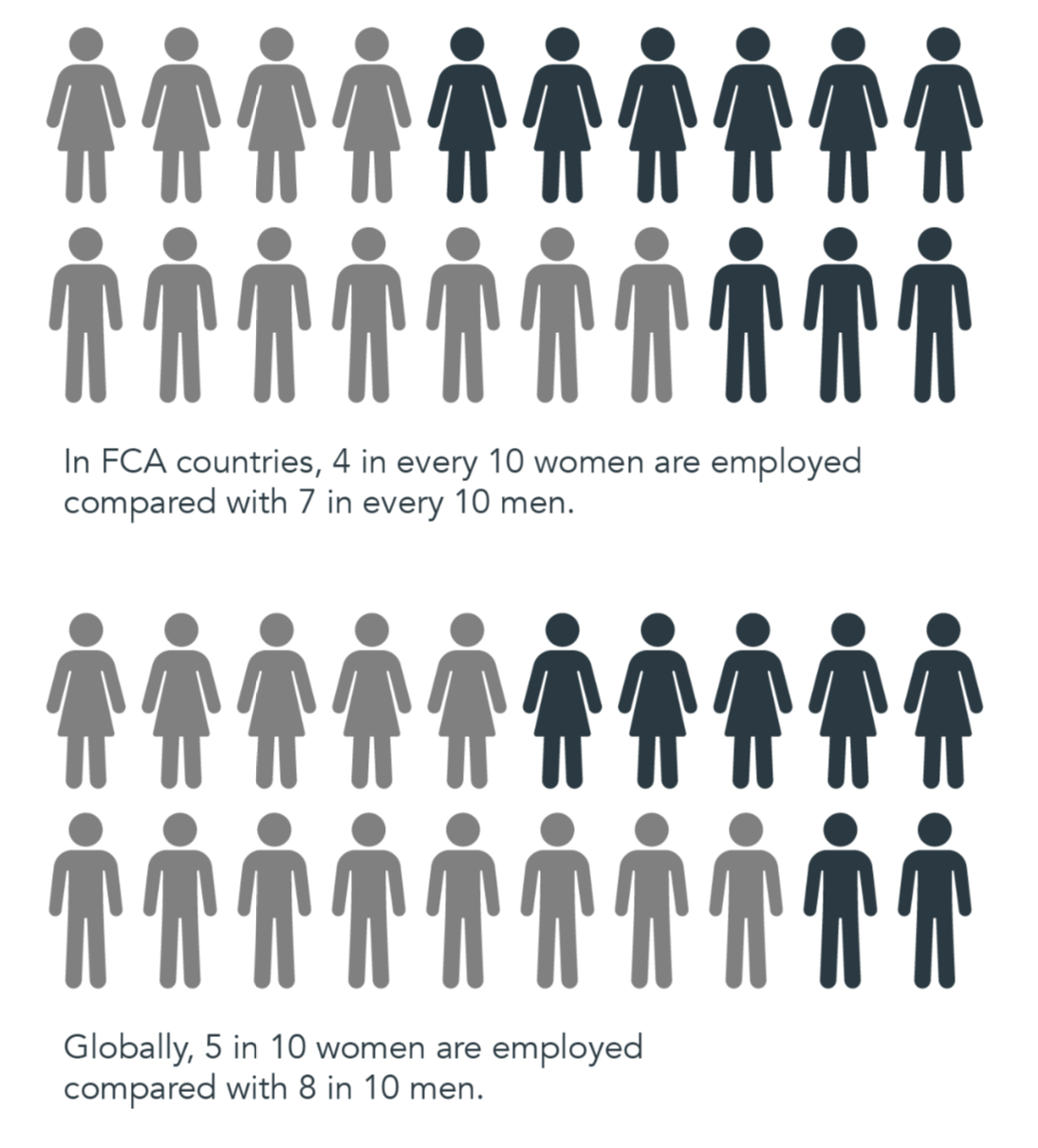
The situation is even worse in countries with protracted conflict, where only about 2 in 10 women work for pay or profit, compared with 6 in 10 in post-conflict countries.
Women are more likely than men to be working either for themselves or with their families, which means that they are often low paid and low skilled, and work in the informal sector or in agriculture.
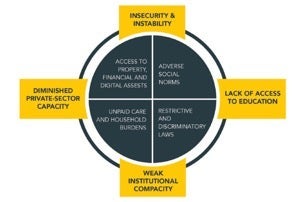
Our research suggests that instability, lack of access to education, weak institutional capacity, and lack of private-sector investment exacerbate the constraints to women’s paid work in fragile contexts and, unsurprisingly, are worst in countries experiencing protracted conflict. This raises an important question: What kinds of interventions are most likely to be effective in addressing these barriers in FCA countries?
Although there is a rich and growing body of research about what advances women’s economic opportunities more generally, evidence about what works to empower women economically in FCA countries is limited.
Our research points to several encouraging findings:
- Training programs that combine vocational and business-skills training, life-skills training, and on-the-job training (internships and placements) have been shown to have positive effects on young women’s employment. This holds for both post-conflict countries and countries in protracted conflict.
- Increasing women’s access to savings accounts can boost women’s economic outcomes in countries with protracted conflict, with positive effects on savings and decision-making.
- Microcredit, either as a stand-alone intervention or bundled with other services, appears to benefit women in post-conflict countries by increasing incomes and household assets in the short term.
- In countries with protracted conflict and in post-conflict countries, a bundle of agricultural services addressing multiple constraints may lead to better results for women than stand-alone agricultural intervention. Complementing agriculture-based interventions with gender-equity training or psychosocial support services can have positive effects on women’s mental health outcomes as well.
As with all interventions, it is critical that programs are not only context specific but also allow for adaptability over time. We hope that the highlighting of good practices in our review can help to inform future action and investments to boost women’s economic opportunities in FCA countries.
Read more about women’s work in fragile and conflict-affected states: Patterns and Constraints and What Works.
Explore More
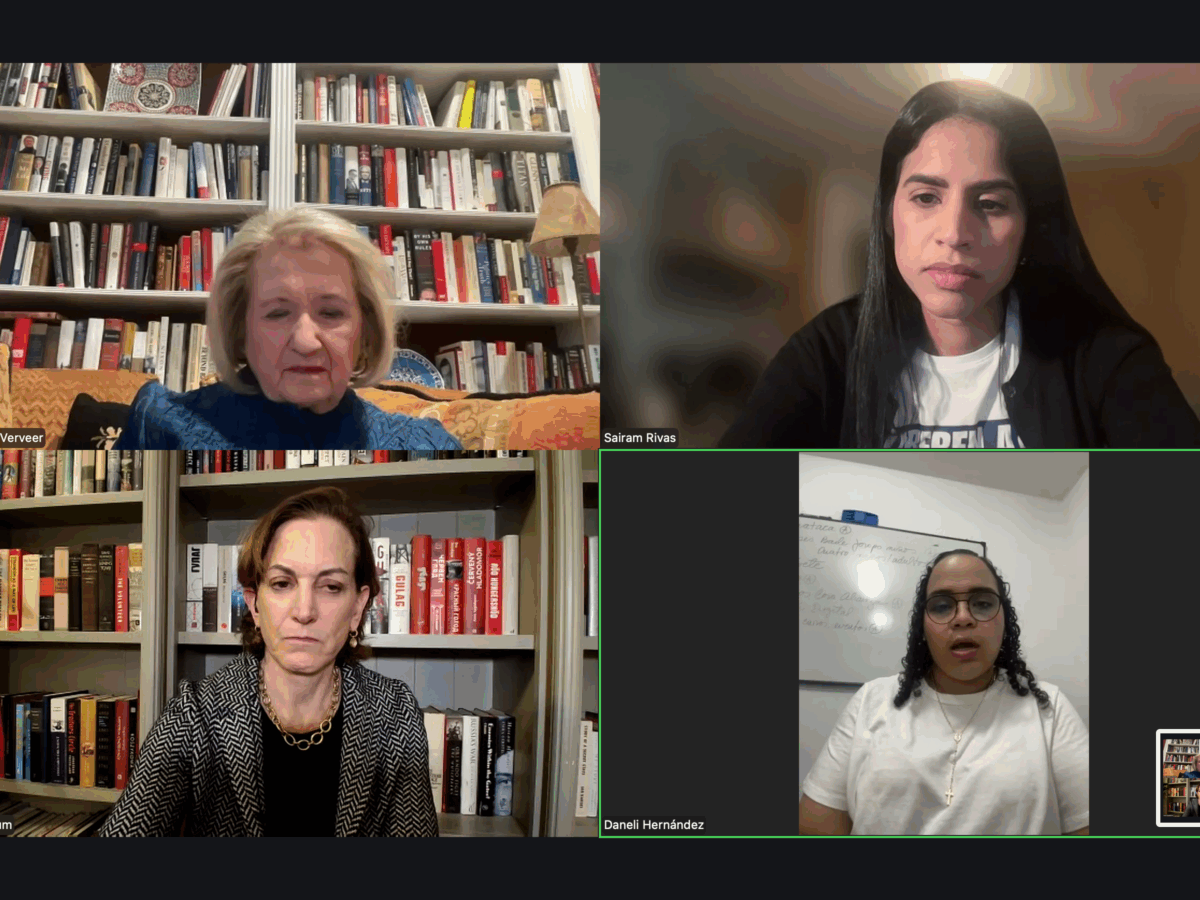
Acclaimed Journalist Anne Applebaum and Women Human Rights Defenders Discuss Implications of…
The people of Venezuela are uncertain about their political, social, and economic…
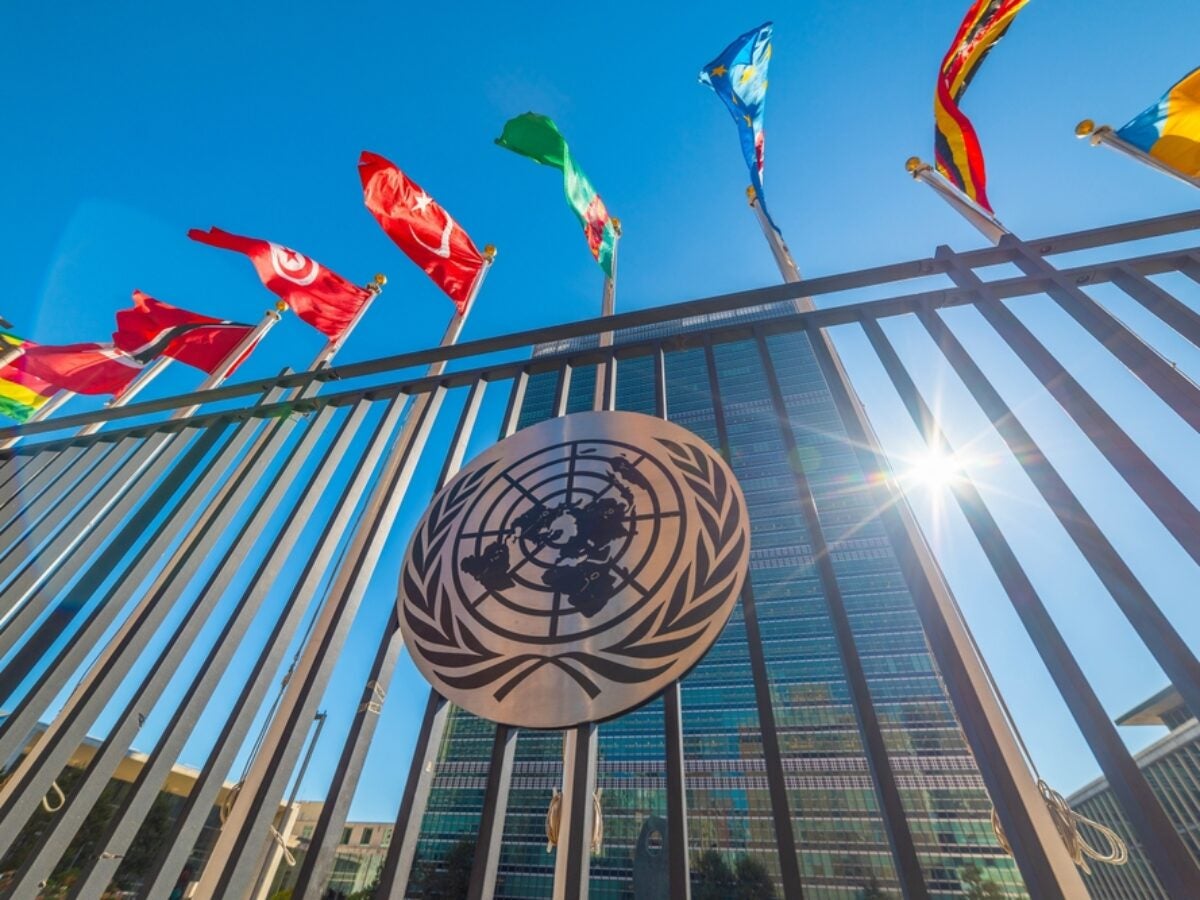
GIWPS Analysis: The US is Pulling Back from Multilateralism
This week, the White House issued a presidential memorandum announcing that the…
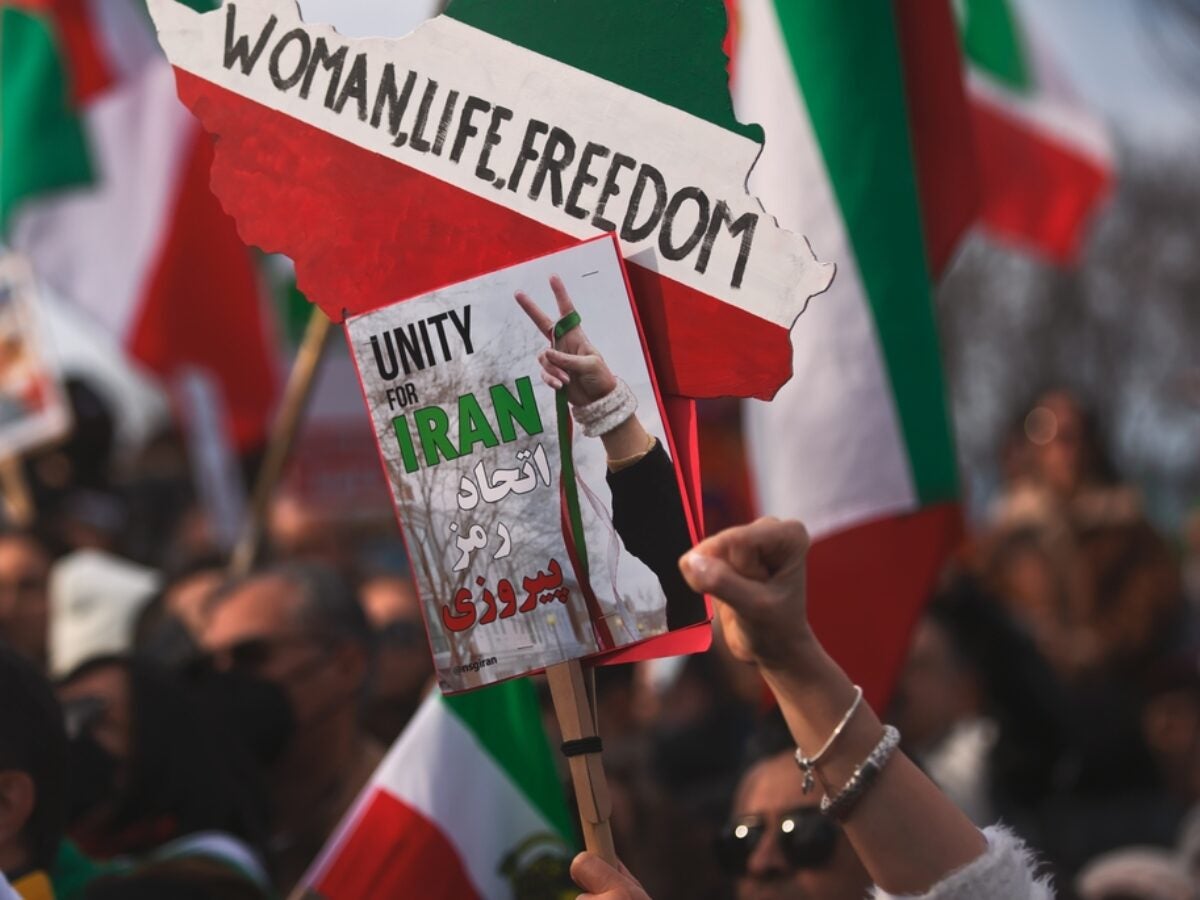
GIWPS Analysis: Iran’s Escalating Political Repression and the Arrest of Narges Mohammadi
Iranian authorities detained 2023 Nobel Peace Prize awardee Narges Mohammadi during a…